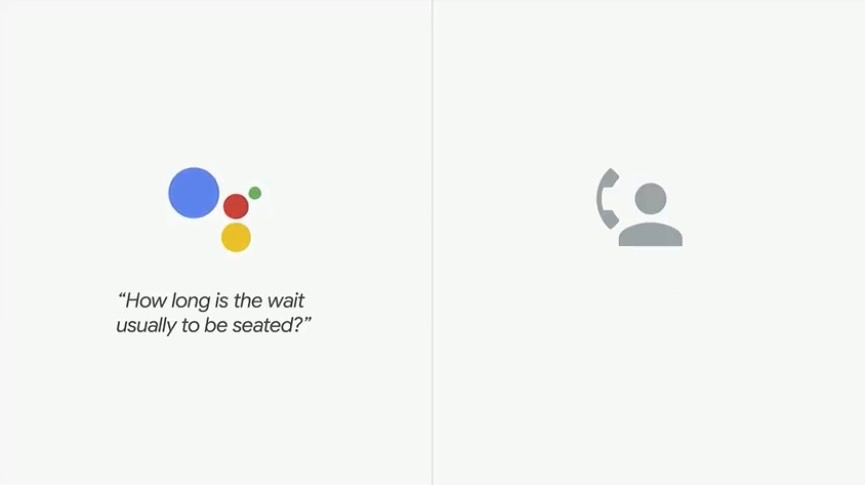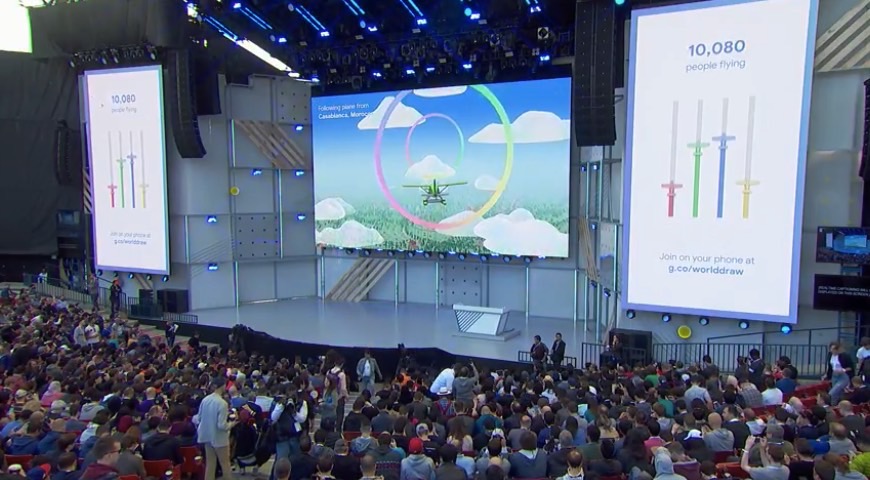Google I/O is back in session, as Google is looking to tell the world what it’s been working on since last year’s developers event. The company just unveiled its first new products innovations of the day, including new Gmail and Photos AI-powered tricks as well as Google Assistant improvements.
But one of the best tricks from Google’s first part of the keynote is the Assistant’s ability to talk to people for you whenever you need to make appointments and reservations via actual voice calls.
Google CEO Sundar Pichai showed the audience a couple of demos where the Assistant was asked to make an appointment to a hair salon, and a reservation to a restaurant.
The demos showed that Google Assistant is more than capable of making phone calls for you, and talk to a real person without that person actually realizing what’s happening.
One of the minor Assistant tricks that makes possible this major Assistant calls feature is Google’s work with rendering digital voice.
Whether it’s male or female, the Assistant’s voice now replicates almost perfectly the voice of a real human, complete with pauses between words, and voice inflections that seem human. That’s so amazing and creepy at the same time.

The demos were not performed in real time, so there’s always a chance for them not to work properly. The demos are available over on Google’s AI blog.
Furthermore, the feature will be available to a limited number of people at first — it’s called Duplex, by the way.
Lucky users will be able to test the feature to make reservations and check business hours via calls they will not even hear. Whenever a booking is complete, or the answer they seek is provided, the Assistant will simply notify the user via a notification on the screen.
Google says it’ll proceed with caution when it comes to rolling out the feature because it’s a new technology.
That said, I wouldn’t be surprised to see digital assistants talk to each other in the future just so their masters don’t bother with actually making calls or — for businesses — replying to the same questions over and over again.
Check out a Duplex demo, via CNET below:








